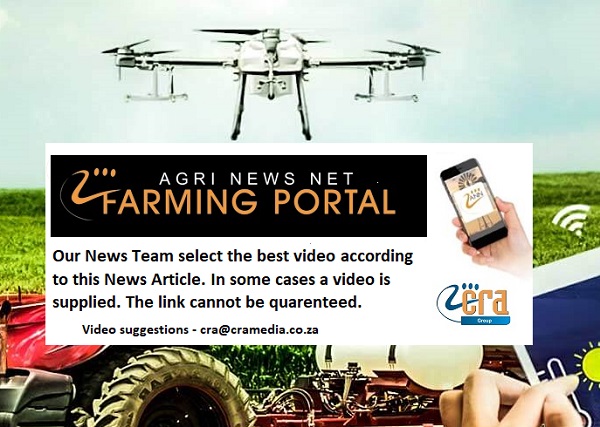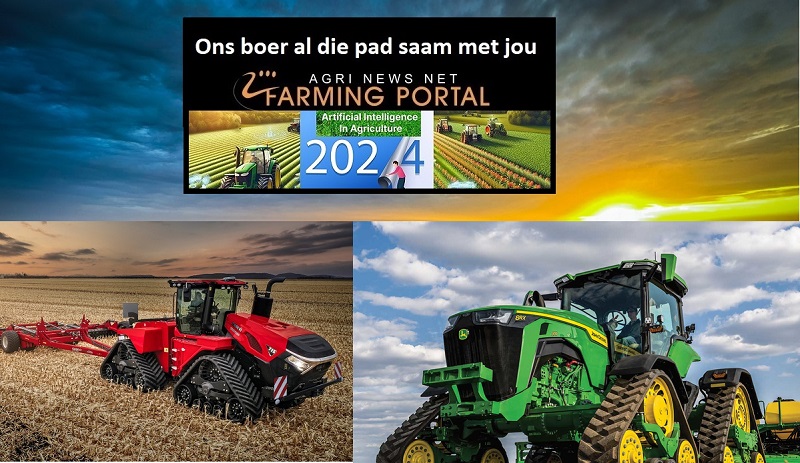This is according to Angela Russell, CEO of the Drinks Federation of South Africa [DF-SA], speaking to the Kaya Biz podcast.
In 2020, a DF-SA study revealed that around 22% of alcohol in South Africa was illicit, up from 13.5% in 2017.
Russell explained that Illicit alcohol refers to products where taxes and duties haven’t been paid, and it comes in several forms:
Smuggled Goods: Over 50% of South Africa’s illicit alcohol includes smuggled products, such as undeclared imports or goods hijacked on the way to market and reintroduced illegally.
Counterfeit Alcohol: These are fake products, often involving refilled bottles that don’t meet safety standards and pose public health risks.
Homebrews: This category, which grew during COVID-19, now accounts for about 24% of the market.
The illicit alcohol trade is growing, and Africa has an average of 40% illicit alcohol.
In South Africa’s neighbouring countries, Mozambique and Zambia, the averages are as high as 73% and 70% respectively.
According to Tax Justice South Africa, an estimated 500 million litres of dangerous illegal alcohol is consumed in South Africa every year, which costs South Africans R6 billion every year in lost tax revenue.
“The illicit alcohol trade is completely unregulated; there are no restrictions on what criminals are selling or who they’re selling to,” the group said.
“Not only does illegal alcohol often contain fatal levels of alcohol and toxic ingredients, but it also costs the country’s finances over R16 million every single day.”
“So you see, the growth of illicit is becoming really problematic,” Russell said. “It’s actually going to start destabilising the legal industry.”
“Even looking at things like prosecution when criminals are caught, it takes time to prosecute them.”
The severity of penalties is not really a deterrent either, since these criminals pay a few thousand at most and then “off things go back into market again”.
Despite efforts to clamp down on this illicit trade, counterfeit alcohol is still pouring into South Africa.
Some unsuspecting customers are also being lured into buying these products since they are often much cheaper than the genuine alternatives.
“Generally, people know the price of the products they consume. So when the price is too good to be true, it probably is,” Russell warned.
For example, a 750ml bottle of spirits carries an excise duty of R90. So, if you find one priced at R100, question whether it’s legitimate.
Consumer awareness is crucial, she added.
Fortunately, there are some things that consumers can look out for when buying alcohol.
Inspect the bottle closely and look for:
Cap and Bottle Condition: Look for dents, damage, or smudges. Check if the cap cracks when opened and if the bottle shape is consistent with the brand.
Liquid Quality: Watch for uneven fill levels, floating particles, haziness, or a diluted appearance.
Labelling: Labels might be at different heights, have spelling errors, poor printing, or lack barcodes. Missing back labels can also be a red flag.
Lastly, Russell warned consumers to beware of spirits sold in sachets or 100ml bottles, since these are not allowed under South African regulations. Some manufacturers are producing items outside the legal market.
What’s crucial here is a “whole-of-society” approach, where consumers remain vigilant, and there’s a stronger collaboration between SAPS, SARS, the Department of Health, and the National Prosecuting Authority.
















